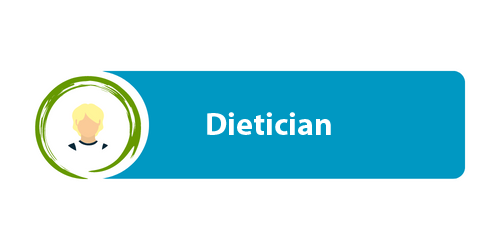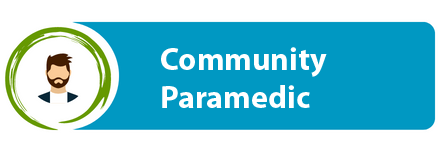Expanding our workforce
The needs of our communities, in particular in areas where there are health inequalities, are greater than ever before. Our population is being impacted more and more by complex, long term conditions. There is a growing concern about areas of longstanding unmet health need and the social determinants of health are playing a bigger role than ever before. These new challenges are increasing the pressure on the system to deliver for those in our communities and there is more that we can do to shift our focus from treating those who are unwell to preventing ill health and tackling health inequalities.
To support PCNs, the Additional Roles Reimbursement Scheme (ARRS) provides funding for 26,000 additional roles to create bespoke multi-disciplinary teams. Primary care networks assess the needs of their local population and, working with local community services, make support available to people where it is most needed. Find out more on each of the ARRS roles below.


Health and wellbeing coaches (HWBCs) will predominately use health coaching skills to support people to develop the knowledge, skills, and confidence to become active participants in their care so that they can reach their own health and wellbeing goals. They may also provide access to self-management education, peer support and social prescribing.
Health coaches will support people to self-identify existing issues and encourage proactive prevention of new and existing illnesses. This approach is based on using strong communication and negotiation skills and supports personal choice and positive risk taking.
They will work alongside people to coach and motivate them through multiple sessions, supporting them to identify their needs, set goals, and help them to implement their personalised health and care plan.

Social Prescribers give people time over several sessions to offer a patient-centred conversation based around asking "what matters to you?". Covering the whole
population, Social Prescribers work with VCSE organisations, local authorities, and others, to offer referrals to community programmes such as local walks, cooking classes, and other activities. Sessions may be delivered one to one or in groups depending on the need and activity.
A number of specialities in social prescribing are currently emerging, including Children and Young People, mental health, and financial inclusion and advice.

FCPs are physiotherapists with enhanced skills. They work with people with injuries and/or pain. As a First Contact role, they work alongside GPs, nurses and other staff to assess patients with musculoskeletal issues, providing diagnosis, advice on managing a problem or on-wards referral to a specialist e.g. surgeon if necessary.
Working as a first contact physiotherapist is both challenging and interesting, no two days are the same and the role requires continuous learning.

Requirements: Undergraduate degree in physiotherapy, experience working at Level 7 capability in MSK, active registration with HCPC, Masters Level qualification or equivalent specialist knowledge, skills and experience. Occupational Therapists work with patients towards a specific outcome. Whilst a physiotherapist may work with a patient to walk with an aid, an occupational therapist will concentrate on an outcome such as getting to the shops.
Occupational Therapists work beyond diagnoses and limitations and look at the relationships between the activities of daily living alongside a patient's challenges and living environment to recommend adjustments that are practical, realistic, and personal. Occupational Therapists work with frail older adults, patients with mental health problems, and with working age adults requiring vocational rehabilitation.

Their work can delay deterioration due to chronic conditions such as diabetes and PAD, maintain and maximise mobility, reduce falls, and reduce hospital admissions and referrals.

Dietitians are also able to help patients manage diet related medicines and ACBS products. Dietitians reduce demand on GP time and reduce referrals to secondary care and the need for hospitalisation.

Community Paramedics work autonomously within the community at an advanced level of practice. They see undifferentiated, undiagnosed problems relating to minor injury and illness, abdominal pains, chest pain, tiredness and headaches. They are able to perform specialist health checks and reviews and provide clinical leadership within a practice team.

through a person-centred approach.

Work is often under the direction of a clinical pharmacist within the PCN pharmacy team. The entry route to becoming a pharmacy technician is currently changing
but typically requires two years’ work-based experience and completion of a GPhC approved pharmacy technician training course.

practice.

The role offers an established path of progression towards becoming a registered nurse. This involves two years training and working as a nurse associate, followed
by two years on the Registered Nursing Degree Apprenticeship Programme, at which point you can apply to registered as a Registered Nurse. Further information on the programme can be found on the Health Education England website.

provide health promotion and disease prevention advice and more.
To be a Physician Associate you will need to complete a two-year post-graduate training programme. You will typically need a bioscience related degree to enter, though it is also possible to enter the programme if you are already a registered healthcare professional such as a nurse AHP or midwife.
